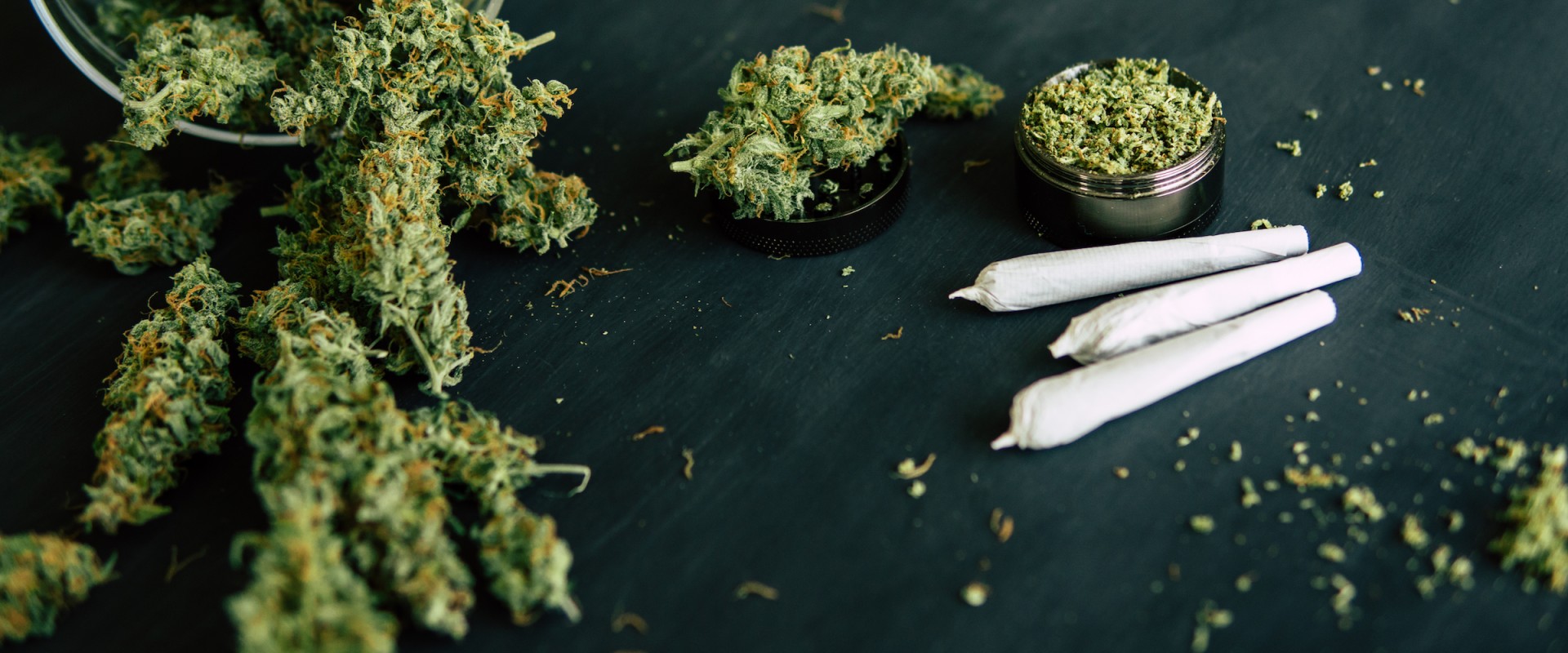The main psychoactive ingredient in marijuana, THC, is responsible for the drug's psychoactive effects. It stimulates the part of the brain that responds to pleasure, such as food and sex, triggering a chemical called dopamine which gives users a relaxed, euphoric feeling. Short for tetrahydrocannabinol, THC activates the brain's reward system by signaling the release of dopamine, a neurotransmitter that plays an important role in mood and pleasure. By triggering a higher-than-normal release of dopamine, THC causes people to experience a sense of euphoria. THC also interferes with the way information is processed in the hippocampus, which is part of the brain responsible for forming new memories.
It overactivates functions typically regulated by the endocannabinoid system (ECS), such as mood, appetite, cognition and perception. THC is often given when smoking marijuana, but it can also be found as an ingredient in capsules, edibles, and oils. In summary, THC is the main psychoactive compound in marijuana that produces its effects on users. It stimulates the brain's reward system by signaling the release of dopamine, resulting in a sense of euphoria. It also interferes with memory formation and overactivates functions regulated by the ECS.
THC can be consumed through smoking marijuana or through ingesting capsules, edibles, and oils.




